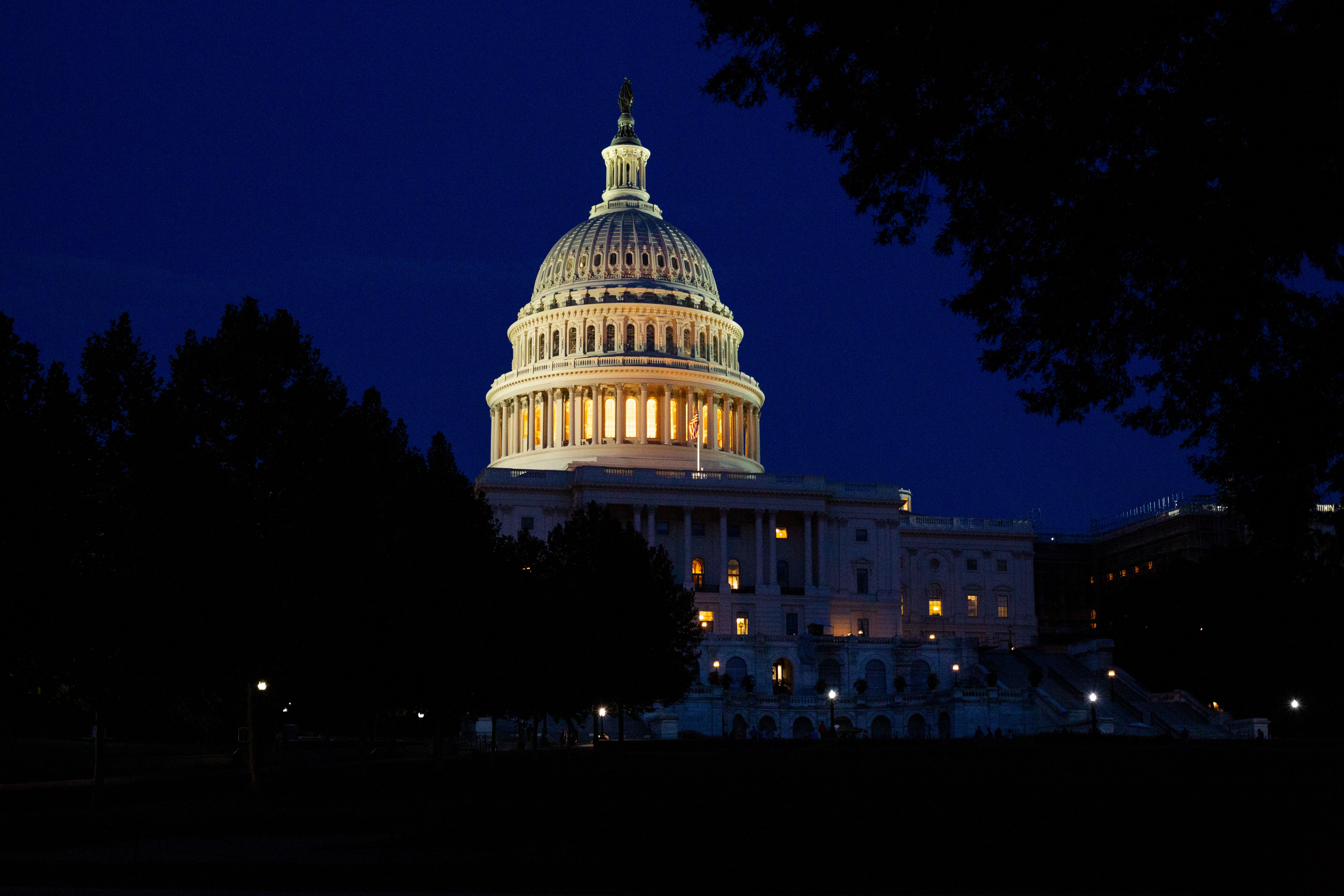 On Tuesday, April 29th, a bill was introduced on Capital Hill that would provide more protection for companies from trade secret theft. The bill, if passed, will give companies a federal venue to try civil trade secret lawsuits. The bill will also create a sweeping set of policies and criteria that will apply to all businesses regardless of their state of residency.
On Tuesday, April 29th, a bill was introduced on Capital Hill that would provide more protection for companies from trade secret theft. The bill, if passed, will give companies a federal venue to try civil trade secret lawsuits. The bill will also create a sweeping set of policies and criteria that will apply to all businesses regardless of their state of residency.
In 1996 the Economic Espionage Act was passed, making the theft of trade secrets illegal, but the majority of cases are never brought to a criminal level. According to recent data, only 25 cases were tried in criminal court in 2013. The number of stolen trade secrets largely outweighs the number of actual tried cases. Because the Department of Justice has not tried the majority of cases, most businesses go after the thief in civil court, but state civil court is governed by state rules, and thus, each company must carefully craft their policies to fit in with state legislature. The new bill would allow a blanket policy to apply at the federal level.
Word of the new bill comes on the heels of two major companies filling trade secret lawsuits. Wells Fargo filed a trade secrets lawsuit against two former employees in New York federal court on Tuesday. The company alleges that two of its former employees took similar jobs at a competing bank and utilized trade secrets and relationships from Wells Fargo to bolster business at their new place of employment.
First National Bank has filled a similar lawsuit in New Mexico. The company alleges that three, former, executives have moved onto different positions and utilized First National’s trade secrets and customer relationships to bolster business at their new places of employment. All three employees terminated their jobs quickly and within days began working for a rival business, utilizing First National’s secrets, alleges the complaint.
The new bill would offer widespread protection and a streamlined venue for the cases to be heard in. Not only would it alleviate pressure on the local, federal courts, but it would also ensure that the same rules apply to all businesses and suits brought against individuals.